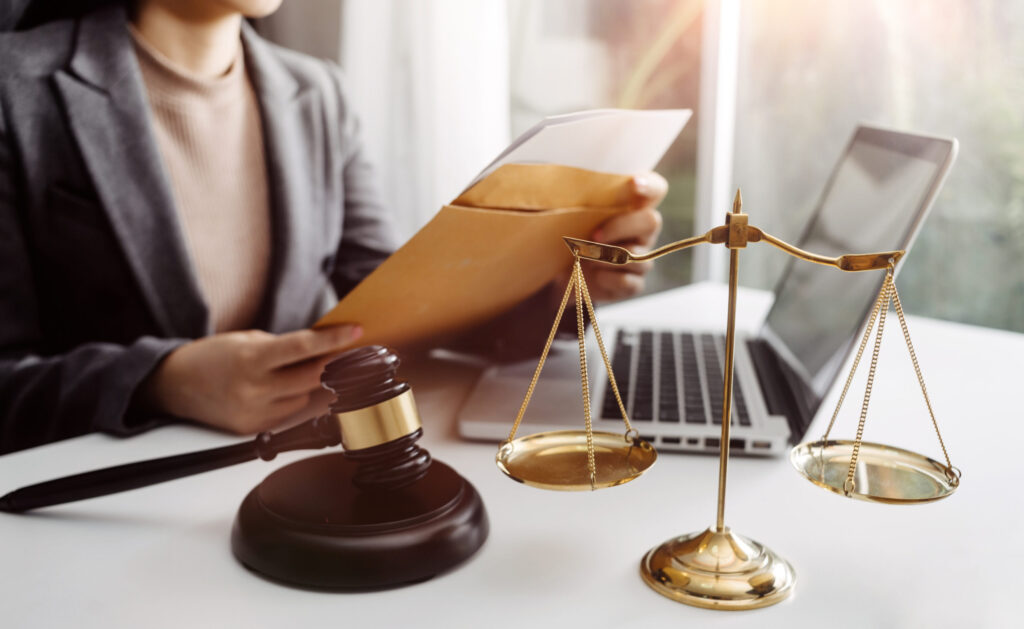Even while it can be a pleasant fantasy, it’s uncommon for business owners to operate their companies without ever having to deal with legal concerns.
All laws that specify how to start and operate a business are included in the category of business law. This covers the legal requirements for establishing, purchasing, operating, and shutting down or selling any kind of business. A business lawsuit may result from any infractions of these laws.
Contractual breaches,
unlawful interference with contractual relations, workplace conflicts, and claims relating to intellectual property are the most typical sorts of business lawsuits.
It’s crucial to understand the various lawsuits that may result from operating a business so that you can take precautions to protect yourself.
The most frequent sorts of business litigation are covered in-depth in this article. To learn all there is to know, continue reading.
contract violation:
Any company that has contractual relationships with clients, suppliers, customers, or other parties is at danger of being sued for breach of those agreements. This kind of lawsuit develops when one or both parties break the terms of a contract.

variety of factors,
Legal actions for breach of contract may entail disagreements between two parties on a variety of factors, including quality, payment, and delivery deadlines. Allegations of fraud or deception may occasionally be included in a breach of contract litigation.
A lawsuit over a breach of contract may demand the company owner to pay restitution or other damages in order to make up for the harm done. When faced with a breach of contract litigation, the company owner must choose which course to follow.
Brutal Interference:
Tortious interference happens when a third party knowingly tampers with a contract between two parties, causing harm to one or both of them. This kind of business case could entail nefarious behaviour like fraud or deceit, unfair competition, or unfairly interfering with contractual obligations.
If a third party obtains confidential information or trade secrets from a business in order to gain an unfair competitive advantage, the business may also be sued for tortious interference.
In such situations, the company may file a claim for compensation and perhaps succeed in getting an injunction prohibiting the third party’s actions.
Employment disputes:
As a business owner, maintaining the profitability of your enterprise is your top priority. Dealing with employment conflicts, though, might make this difficult.
Employers and employees frequently disagree or misunderstand one another when it comes to pay, working hours, benefits, and other employment-related issues. Allegations of discrimination or unfair dismissal may be present in these disagreements.
Before pursuing legal action in such situations,
Before pursuing legal action in such situations, the company owner must carefully weigh all of their options. Additionally, owners of businesses should make sure they are aware of their rights under any applicable employment laws and regulations.
It can take a long time to settle an employment dispute. As a result, you must take all reasonable steps to reduce the likelihood that any problems may develop that could eventually result in legal action.
Employing a knowledgeable business attorney to assess your personnel practises and policies is one way to prevent dealing with employment problems. This will guarantee that your company abides by all applicable laws and regulations.
Rights to a work of art:
As a business owner, you must understand the many categories of intellectual property and how to safeguard them. Intellectual property includes things like trade secrets, patents, trademarks, and copyrights. The important concepts and goods your company creates can all be safeguarded using these methods.
Businesses may be sued by rival companies, clients, or other parties who claim they have violated their intellectual property rights.
In these situations, the business owner will need to demonstrate that they didn’t actually violate any of the other party’s rights or that they didn’t cause any harm as a result.
In some circumstances, businesses could also need to ask for injunctive action to stop the violation from happening again. As a result, it is critical for business owners to understand their intellectual property rights and how to safeguard them.
Disputes in partnerships:
No company can succeed on its own, and forming alliances with other companies can help them reach their objectives. But even the strongest partnerships can end in arguments if one or both partners do not receive what they are hoping for in the union.
Partnership arguments typically centre on who should bear the burden of making particular decisions or carrying out specific activities, as well as other issues pertaining to the partnership agreement. In such circumstances, the business owners might need to seek legal counsel to settle the conflict.
The parties should initially attempt to reach an agreement through negotiation or mediation. Nevertheless, if talks break down, one or both partners may bring legal action against the other partner.
When this occurs, the court may order the parties to adhere to the provisions of their original agreement or to come to a new agreement for the partnership.
Finally, in order to prevent disagreements from ever occurring in the first place, it is critical for business owners to have well-written and transparent partnership agreements in place.
Summary:
Summary By being aware of the most frequent sorts of business litigation and adopting precautions, businesses can defend themselves against legal action.
It’s crucial to obtain legal guidance as soon as possible if you’re ever embroiled in a business dispute. The business law experts at our firm are prepared to assist you in reaching a swift and equitable conclusion to your dispute.
This Is our official website:






More Stories
Top Criminal Appeal Lawyers: Champions of Justice!
What exactly is the Rule of Law?